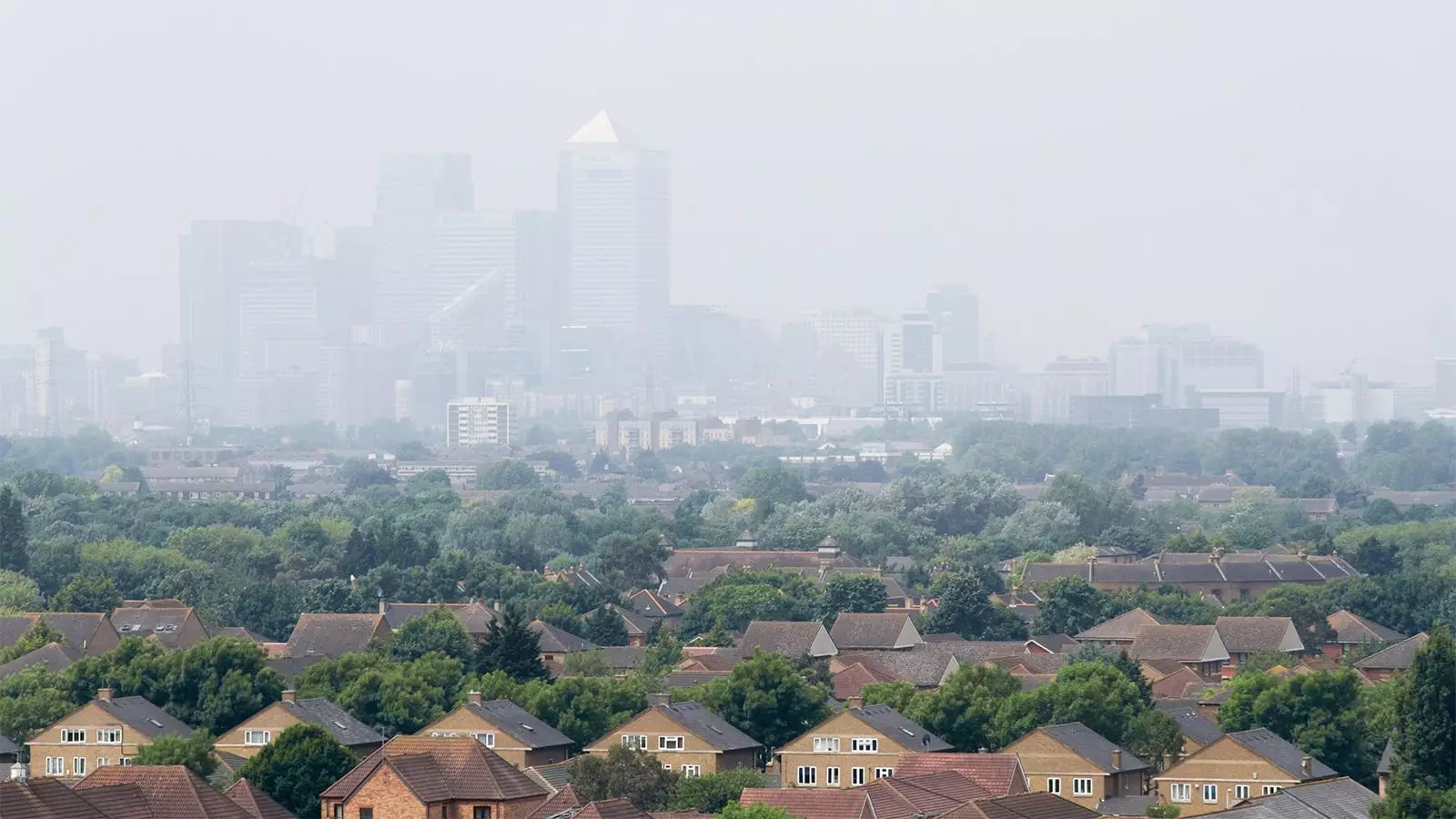The research conducted by Jian Yang, PhD, and colleagues from China Three Gorges University in Yichang, China, sheds light on a concerning issue – the association between air pollution and the development of new-onset psoriasis. This study, based on data from the U.K. Biobank program, revealed a significant link between exposure to major pollutants and an increased risk of incident psoriasis. While the findings highlight the impact of environmental factors on inflammatory skin diseases, it also raises questions about the potential implications for public health and the need for effective interventions.
The researchers analyzed data from over 474,000 individuals enrolled in the U.K. Biobank program, with a median follow-up of 11.9 years. They found that exposure to pollutants such as PM2.5, PM10, nitrogen dioxide (NO2), and nitrogen oxide species (NOx) was associated with a 19% to 47% increase in the risk of developing psoriasis for each quartile of exposure. Furthermore, individuals with high genetic risk factors faced doubled the risk of psoriasis for every degree of pollution exposure. These findings indicate a synergistic effect of genetic predisposition and environmental factors in the development of inflammatory skin conditions.
The implications of this study are significant, as they highlight the need for preventive measures to mitigate the impact of air pollution on skin health. The researchers emphasize the importance of devising interventions aimed at reducing pollution levels and safeguarding individuals from the adverse effects associated with psoriasis. The study also underscores the broader impact of air pollution on chronic diseases affecting various organ systems in the body, emphasizing the urgency of addressing environmental triggers for optimal health outcomes.
While lowering pollution levels remains a primary goal, the researchers suggest that medical interventions for individual patients may also play a role in mitigating the effects of air pollution on skin health. For instance, targeting specific pathways involved in the interaction between pollutants and inflammatory skin conditions could lead to novel therapeutic approaches. Understanding gene-environment interactions and exploring the potential benefits of treatments in mitigating the impact of air pollution on skin diseases is crucial for future research and intervention strategies.
Despite the compelling findings of the study, there are challenges and limitations to consider when addressing the link between air pollution and psoriasis. The researchers acknowledge that the data cannot establish causality definitively, highlighting the need for further research to elucidate the mechanisms underlying the observed associations. Additionally, the practical challenges of reducing pollution levels and implementing preventive measures pose significant hurdles in translating research findings into actionable public health strategies.
The study by Jian Yang and colleagues underscores the complex interplay between environmental factors, genetic predisposition, and the development of inflammatory skin diseases like psoriasis. The findings emphasize the critical need for comprehensive approaches to address the impact of air pollution on skin health, including targeted interventions and further research on gene-environment interactions. By fostering collaboration among researchers, clinicians, and policymakers, we can work towards a healthier environment and improved outcomes for individuals at risk of inflammatory skin conditions.


Leave a Reply